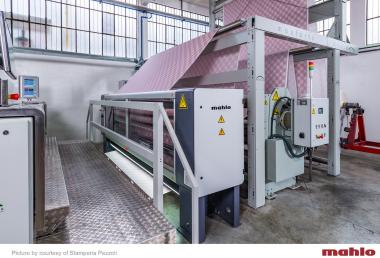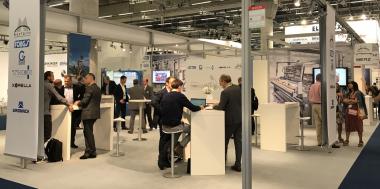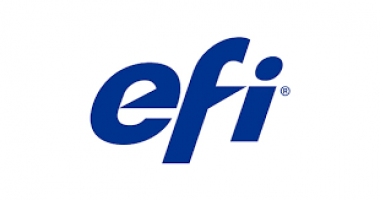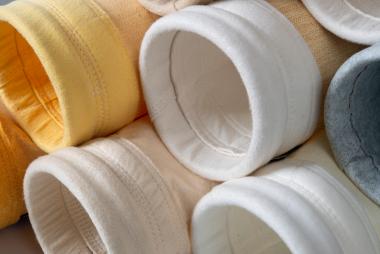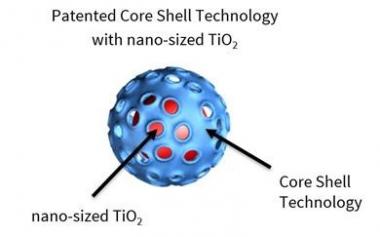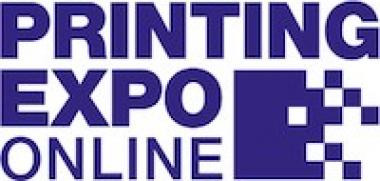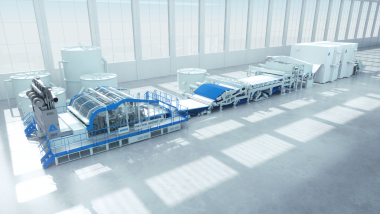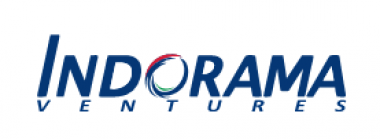Lectra: Financial statements for the first half of 2022
- Revenues: 250.8 million euros (+71%)
- EBITDA before non-recurring items: 45.2 million euros (+95%)
- Net income: 20.2 million euros (multiplied by 2.3)
- Free cash flow before non-recurring items: 14.7 million euros
Lectra’s Board of Directors, chaired by Daniel Harari, reviewed the consolidated financial statements for the first half of 2022, which have been subject to a limited review by the Statutory Auditors.
To facilitate analysis of the Group’s results, the financial statements are compared to those published in 2021 and to the 2021 pro forma financial statement ("2021 Pro forma"), prepared by integrating the three acquisitions made in 2021 – Gerber Technology (“Gerber”), Neteven, and Gemini CAD Systems (“Gemini”) – as if they had been consolidated from January 1, 2021, whereas they have been consolidated since June 1, July 28 and September 27, 2021 respectively.
See attached document for full report.
Lectra





